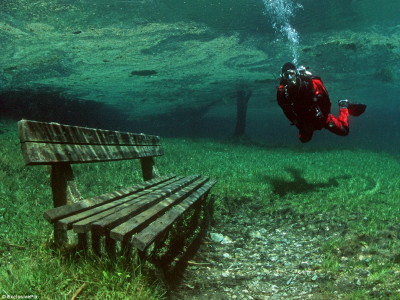What's the scientific reason why you shouldn't take pebbles from the beach?

Many people have probably taken home sand or pebbles from a beautiful beach as a souvenir when they visited a travel destination. However, in May 2024, the
Why you shouldn't take pebbles from the beach – here's the science
https://theconversation.com/why-you-shouldnt-take-pebbles-from-the-beach-heres-the-science-230560

Although it is not widely known, in the UK, under the Coastal Protection Act enacted in 1949, it is illegal to take pebbles and other sediment from beaches. The purpose of this is to prevent people from taking pebbles and other debris from beaches as 'free building materials' and to prevent the loss of beaches. In addition, beach sand and pebbles are valuable habitats for living creatures, so from an environmental perspective, taking pebbles from the beach should be avoided.
However, Earl particularly emphasizes the reason why people should not take the pebbles from the beach: 'Beach sand and pebbles help prevent coastal erosion and flooding, and their loss threatens the livelihoods of people living along the coast.'
The width of the beach and the height of the sediment are important factors in reducing the risk of coastal erosion and flooding. The more pebbles and sediment there are on the beach, the more they can absorb wave energy, so if the beach loses sand and pebbles, it loses its natural barrier against waves.

Sediments such as pebbles are carried by the waves and deposited in various places by roughly different sizes. In the UK coastal areas, large pebbles are deposited on the upper part of the beach by high waves during the winter, forming small mountains called 'berms'.
Earl explains that the terraces act as a first barrier against storms, absorbing wave energy and preventing it from reaching the back of the beach, and helping to prevent erosion of the rear breakwaters and cliffs.
Of course, if someone brings home just one pebble, it is unlikely that the beach will lose its function as a natural barrier. However, if many people bring home one pebble at a time, the cumulative effect could cause the beach to lose its function. In addition, the loss of pebbles could disrupt the natural process of material deposition on the beach, and there is a risk that the overall dynamic balance will be disrupted.
In recent years,

'Asking people not to take pebbles off beaches may seem like a small and inconsequential thing, but it helps beaches to do their part to protect our coastlines,' Mr Earl said.
Related Posts:
in Science, Posted by log1h_ik







